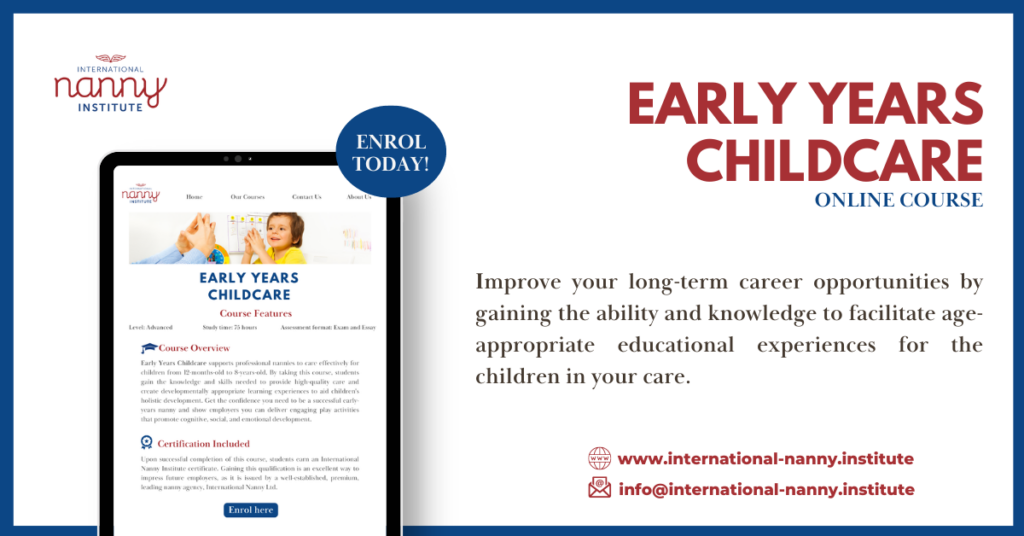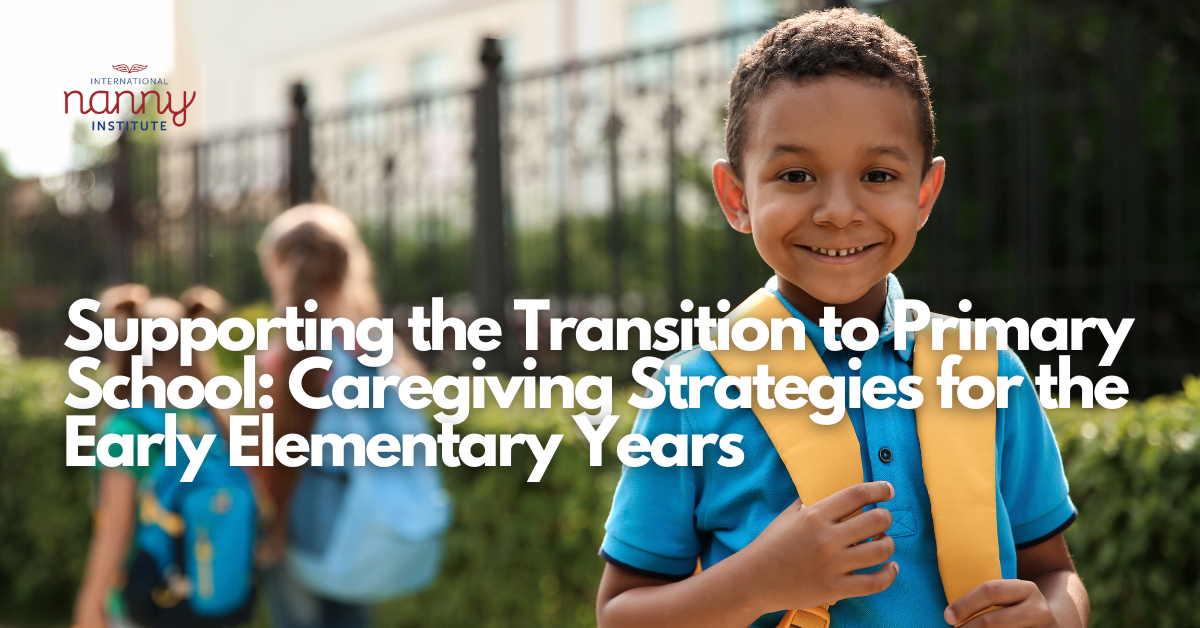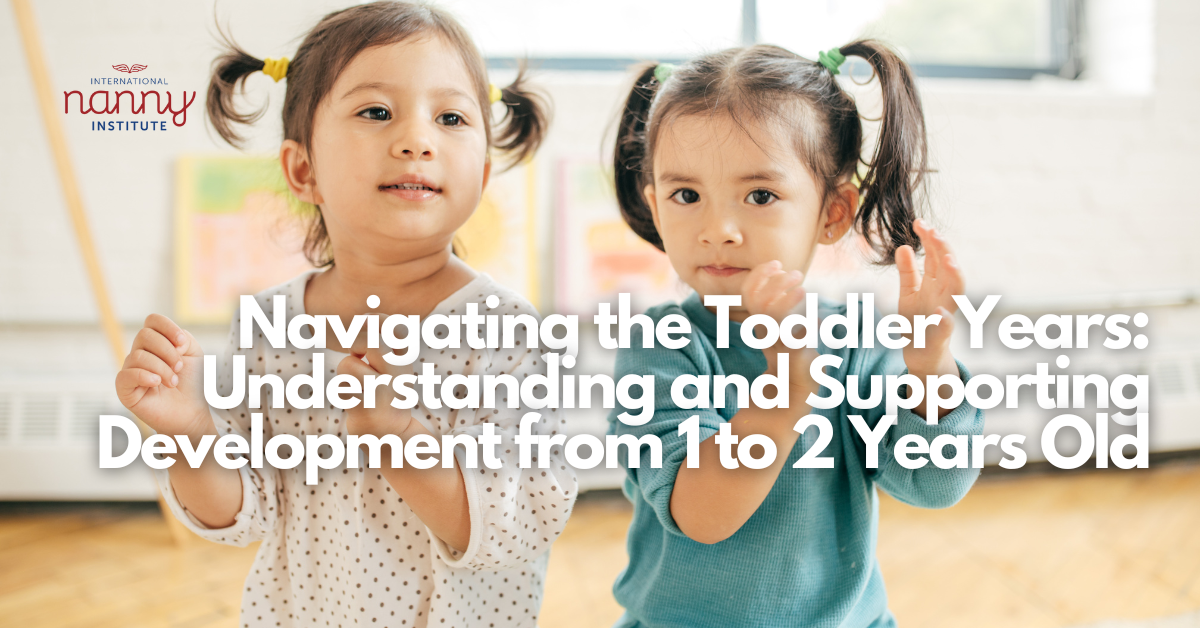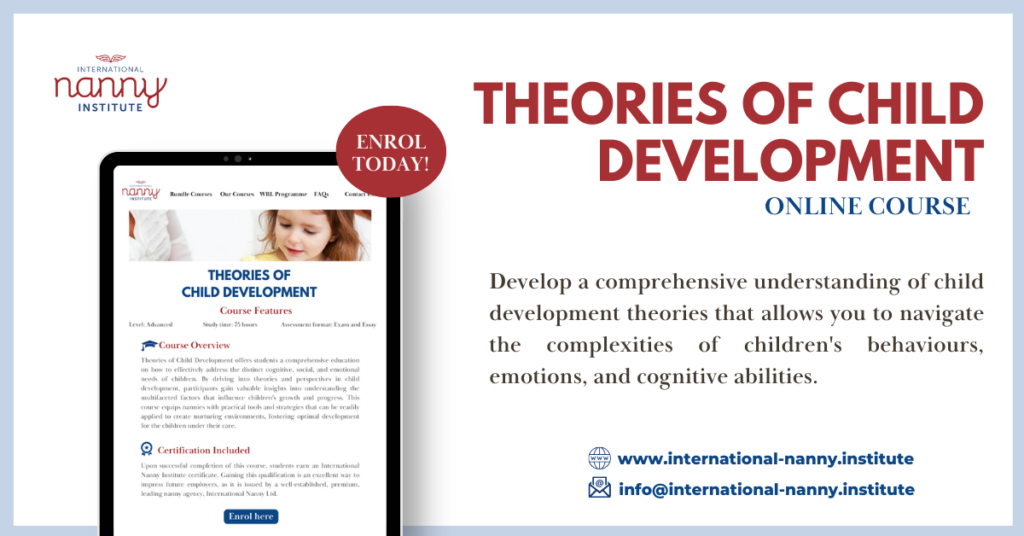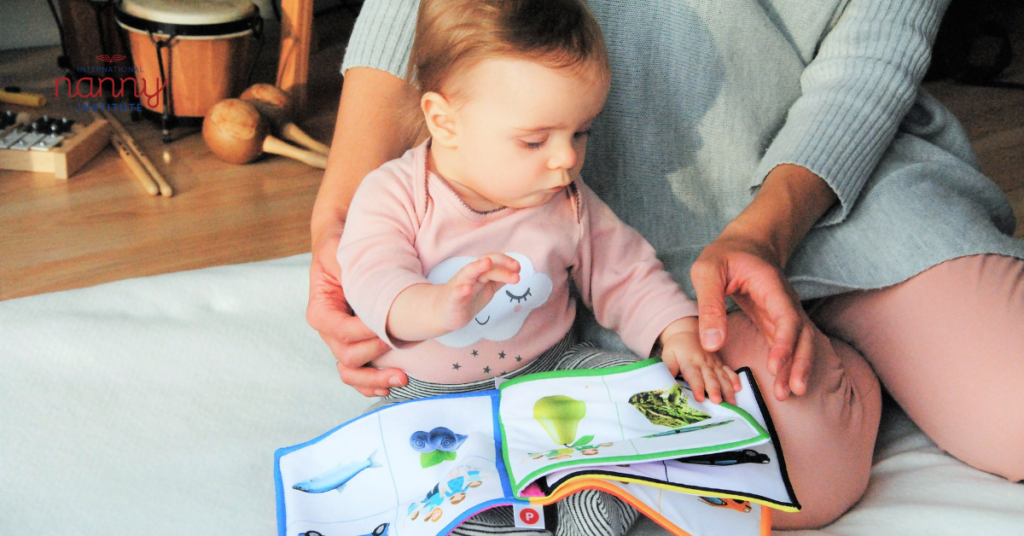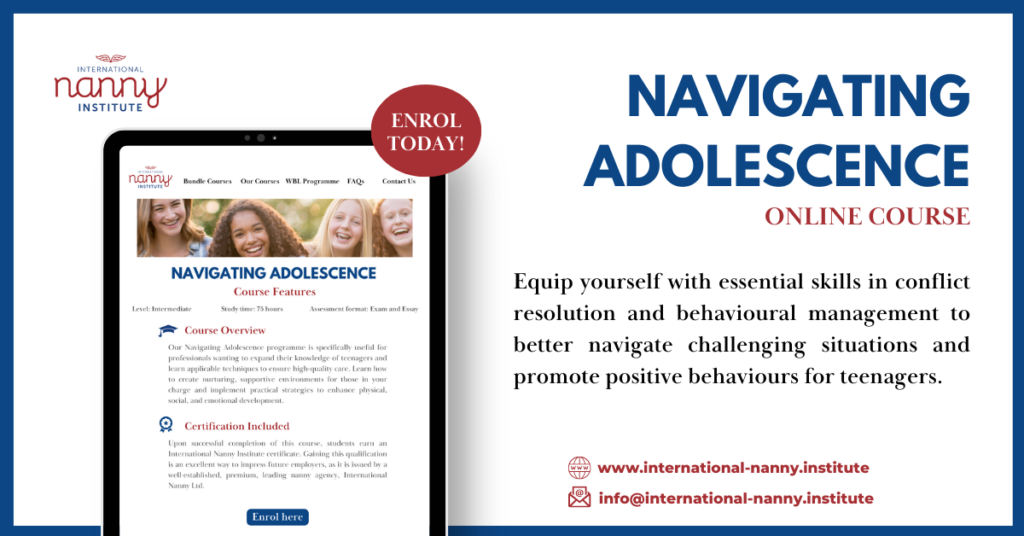As children reach the ages of 5 to 8 years old, they embark on a new and exciting chapter in their lives – the transition to primary school. This period of early elementary education is marked by significant cognitive, social, and emotional growth, as young learners develop more advanced skills and navigate the complexities of the school environment.

As caregivers, our role is to provide a seamless bridge between the familiar comforts of home and the dynamic, structured setting of the classroom. By understanding the unique needs and characteristics of children in this age group, we can support their smooth adjustment and foster a strong foundation for their continued academic and personal success.
Let’s explore the key developmental milestones and effective caregiving strategies for children aged 5 to 8 years old:
Physical Development
During the early elementary years, children’s physical abilities continue to mature, with refinements in both gross and fine motor skills. They may exhibit increased coordination, endurance, and dexterity, enabling them to engage in more complex physical activities and tasks. Encouraging regular physical activity, both structured and unstructured, can help support their overall physical development.

Cognitive Development
As children transition to primary school, their cognitive abilities expand exponentially. They demonstrate more advanced language skills, improved memory and attention, and the ability to engage in more complex reasoning and problem-solving. Providing opportunities for hands-on learning, exposing them to a rich academic curriculum, and nurturing their natural curiosity can foster their intellectual growth.
Social-Emotional Development
The early elementary years are a critical time for social-emotional development. Children in this age group are navigating the complexities of peer relationships, developing a stronger sense of self, and learning to regulate their emotions more effectively. Modelling positive social skills, offering emotional support, and facilitating opportunities for collaborative learning can support their social-emotional well-being.

Caregiving Strategies
As caregivers, our role is to create a supportive, nurturing environment that bridges the gap between home and school. This may involve:
- Establishing open communication and collaboration with teachers and parents alike
- Providing a consistent daily routine and structure
- Encouraging independent problem-solving and decision-making
- Fostering a love of learning through engaging, hands-on activities
- Offering emotional support and validation during times of transition and challenge
During this time of their lives, caregivers play a pivotal role in supporting their smooth adjustment and continued growth. By understanding the unique developmental needs of children aged 5 to 8 years old and adopting a holistic, supportive approach, we can help them navigate the exciting transition to primary school with confidence and success. Better prepare and set yourself apart from other caregivers by enrolling in the “Early Years Childcare” course from the International Nanny Institute.

Among other important aspects of development, this comprehensive course explores the unique developmental milestones and needs of children in the primary school years, allowing you to collaborate with other important adults in children’s lives such as parents, teachers and couches, to create structured yet nurturing environments, and empower children to become confident, independent learners.
Investing in this course will enable you to:
- Provide seamless support as children navigate the transition to primary school
- Deliver exceptional, personalised care that exceeds families’ expectations
- Differentiate your expertise and command higher earning potential in the job market
- Forge stronger, more collaborative relationships with the families and schools you serve
Enrolling in Early Years Childcare will not only allow you to empower young children to reach their full potential, but you will also empower yourself as you watch your career reach new heights!
